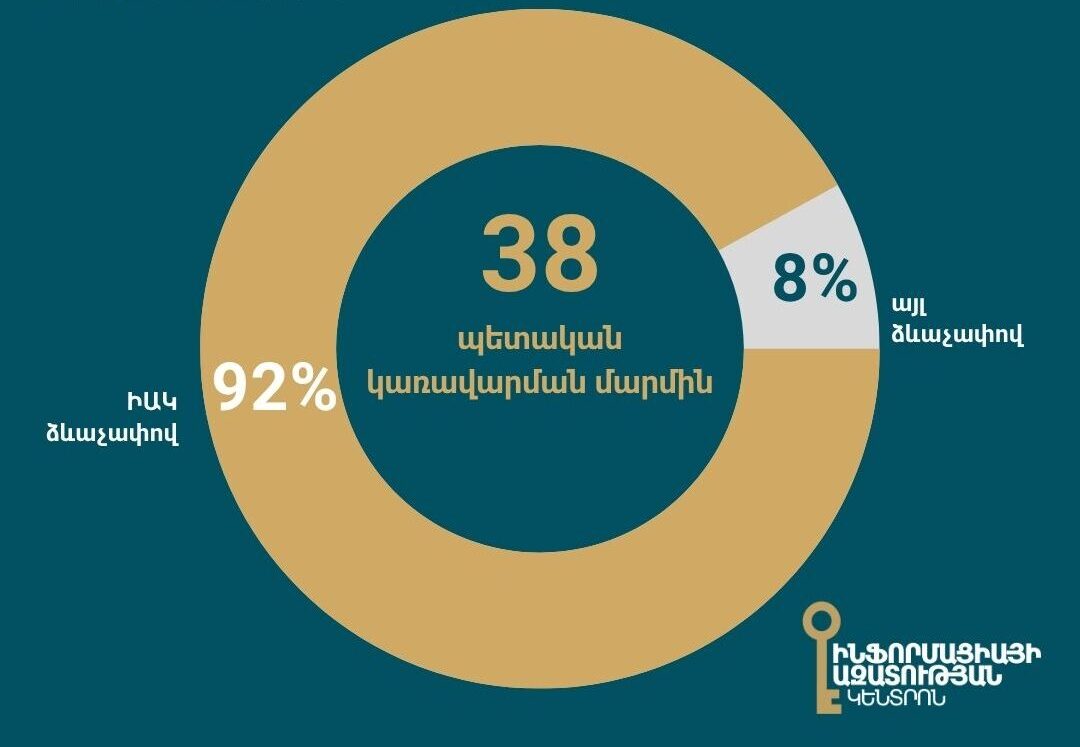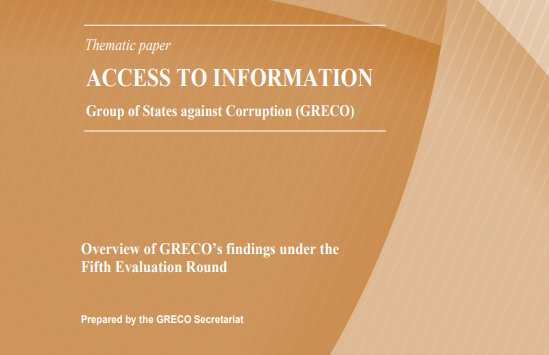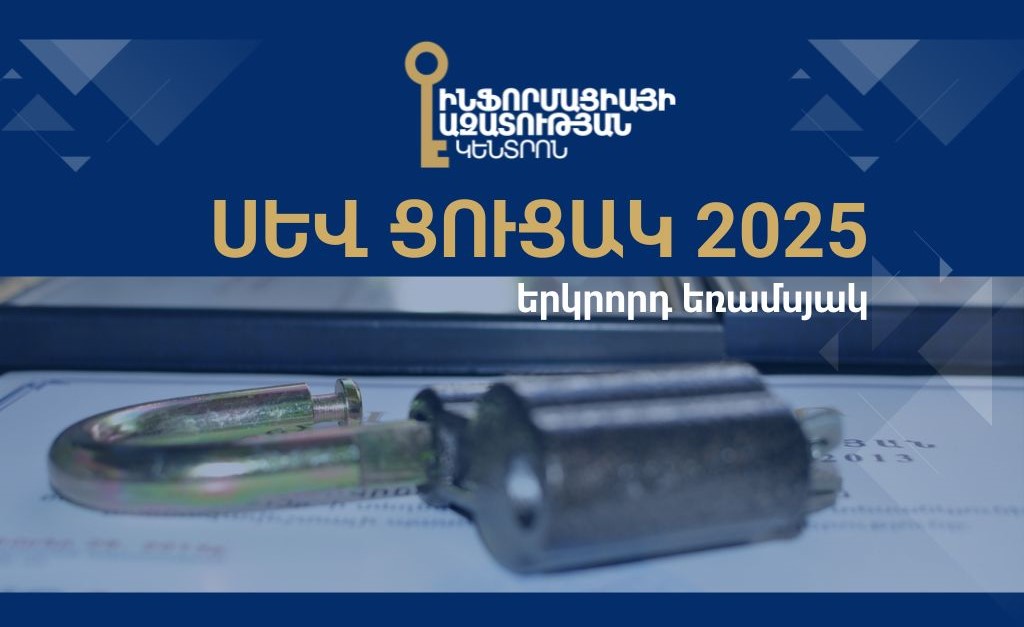Widely recognized as a cornerstone of democracy, access to information is a prerequisite for civil society engagement in anti-corruption efforts. The United Nations Convention against Corruption (UNCAC) underscores its importance for preventing and detecting corruption, dedicating Article 10 to public reporting, and Article 13 to the participation of society. In Europe, all countries have by now passed legislation to guarantee public access to information – the last one being Austria, which adopted its new Freedom of Information Act in January 2024.
However, transitioning from a culture of secrecy to an “open by default” practice of sharing information is a long process and, despite the existing laws, today citizens across the region face challenges in accessing government-held information. A thematic report issued by UNODC on the implementation of Chapter II of the UNCAC (preventive measures), launched in April 2025, noted that 60% of States received recommendations to reform or effectively implement access to information laws in their countries. This demonstrates that it is an issue that goes far beyond the European region.
In this context, members of the UNCAC Coalition Europe network met on September 23, ahead of International Day for Universal Access to Information, to explore how to revitalize access to information as a key tool to combat corruption and advance good governance across all sectors. The meeting showcased successful civil society advocacy in different countries and provided a space to discuss challenges and opportunities for anti-corruption organizations to exercise, defend, and expand the right of access to information. The meeting also offered an opportunity to shape a joint statement on anti-corruption priorities in Europe – one of which is access to information – that will be submitted to the 11th session of the Conference of the States Parties to the UNCAC (CoSP11).
Advancing proactive disclosure of information in Armenia
Shushan Doydoyan, President of the Freedom of Information Center of Armenia (FOICA), focused on the other dimension of access to information: proactive disclosure. This implies that information is made public at the initiative of public bodies, without any prior information request. Proactive disclosure of information is crucial for corruption prevention, and the UNCAC encourages the publication of information about matters including recruitment, promotion and retirement of civil servants (Article 7.1), funding of candidatures and political parties (Article 7.3), public procurement systems (Article 9), among other issues.
But beyond preventing corruption, Shushan sees proactive transparency as “a foundational pillar for an effective government”. Indeed, publicly available information helps citizens make informed decisions, take part in policymaking, and hold public institutions accountable, all of which can, in turn, lead to better policies and public service delivery.
Given these advantages, what information should governments publish and what are the challenges of proactive disclosure? In the case of Armenia, the law defines 13 categories of information subject to mandatory publication. Every government body has an official website and there are 108 online platforms of digital services available, such as e-request.am. These numbers could be considered a positive trend, but proactive disclosure is not a matter of publishing any information: it has to be relevant and useful (“of public interest”), timely, and made available in accessible channels and formats (open data formats).
Shushan noted a lack of global guidance on proactive disclosure. For governments, the challenges begin with defining the scope of what to publish – which topics should be prioritized and what qualifies as “public interest” information. Too often, the data published are fragmented, non-standardized, hard to find and to understand for citizens, and high-value data are missing – for instance, data on public spending are not consistently published. Another challenge is to establish few and clear exceptions, and balance these with the public interest of disclosing the information. In addition, the topic of access to information is losing interest in donor agendas.
From the perspective of citizens and civil society organizations, Shushan proposed to revitalize access to information in the context of other reforms gaining traction, such as open data initiatives, and the growing influence of social networks. Above all, we should continue to show that transparency is effective and impactful, an enabler of sustainable development and democratic resilience. Meaningful transparency for public oversight and participation requires deliberate choices, not the publication of random and bulk data, and civil society plays a central role in pushing governments to provide:
- Clear legal guarantees – defining categories of information for mandatory disclosure,
- Relevant, complete, timely and updated information,
- Accessible and reusable data – open, machine-readable, structured formats,
- High-value datasets such as public expenditure, public procurement, governmental performance data, asset and interest declarations, beneficial ownership data, etc.
The full article is here
The source: uncaccoalition.org










